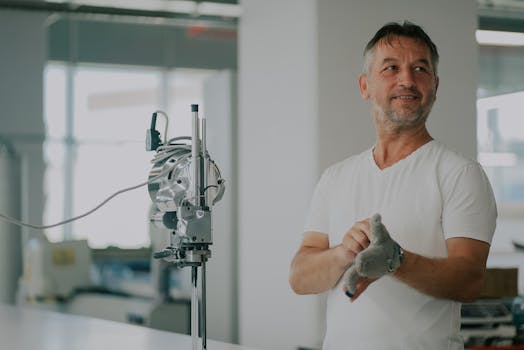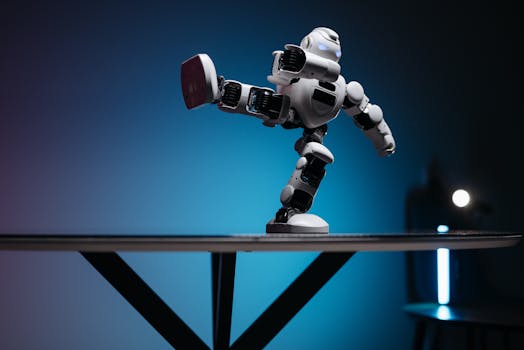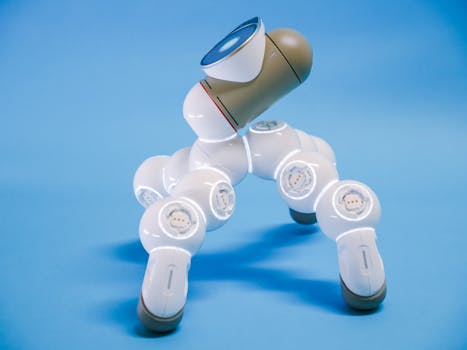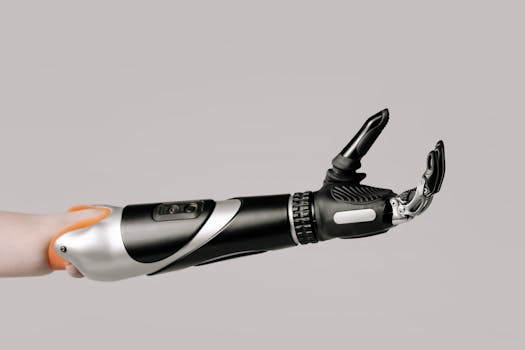The Evolution of Mechanical Engineering Through the Ages
Takeaways:
- Mechanical engineering has a rich history that dates back to ancient civilizations.
- Each era brought significant advancements that paved the way for modern engineering practices.
- The future of mechanical engineering promises further innovations driven by technology and sustainability.
Mechanical engineering is a discipline that has significantly shaped the world we live in today. From the simple machines of ancient civilizations to the intricate technologies of the modern era, the evolution of mechanical engineering reflects our quest for innovation and efficiency. In this article, we will explore the major milestones in the evolution of mechanical engineering through the ages.
Ancient Innovations: The Birth of Mechanical Engineering

Similarly, the Romans advanced engineering techniques by constructing aqueducts, bridges, and roads, showcasing the importance of mechanical principles in large-scale construction projects. The use of gears and wheels in ancient devices also laid the groundwork for future innovations. These early developments demonstrated the potential of mechanical engineering to solve practical problems, setting the stage for its evolution.
The Middle Ages: Mechanization and the Rise of Technology

During this period, the development of clockwork mechanisms represented a major leap in mechanical engineering. The intricate designs of medieval clocks showcased advanced understanding of gears and timing mechanisms. Notably, the invention of the mechanical clock in the 13th century allowed for more precise timekeeping, impacting daily life and commerce.
In the Islamic world, engineers like Al-Jazari made remarkable contributions with inventions such as the water-raising machines and programmable robots. The transmission of knowledge between cultures helped to refine mechanical engineering techniques and inspired further advancements in Europe, leading to the Renaissance.
The Industrial Revolution: A New Era of Engineering

As industries grew, so did the need for skilled mechanical engineers. This period saw the establishment of engineering schools and the formalization of mechanical engineering as a profession. Innovations such as the spinning jenny, power loom, and cotton gin drastically increased productivity and efficiency in textile manufacturing.
The Industrial Revolution also brought about the development of new materials and manufacturing processes, such as iron casting and later steel production, which enabled engineers to design stronger and more durable machines. This foundation set the stage for the technological advancements of the 20th century.
Modern Mechanical Engineering: Innovations and Sustainability

Moreover, the focus on sustainability has become a central theme in modern mechanical engineering. Engineers are now tasked with designing energy-efficient systems and developing renewable technologies that reduce environmental impact. The integration of robotics and automation in manufacturing processes has also revolutionized production methods, increasing efficiency and precision.
As we look to the future, mechanical engineering will undoubtedly continue to adapt and innovate, addressing the challenges of the modern world while pushing the boundaries of technology.
Conclusion





